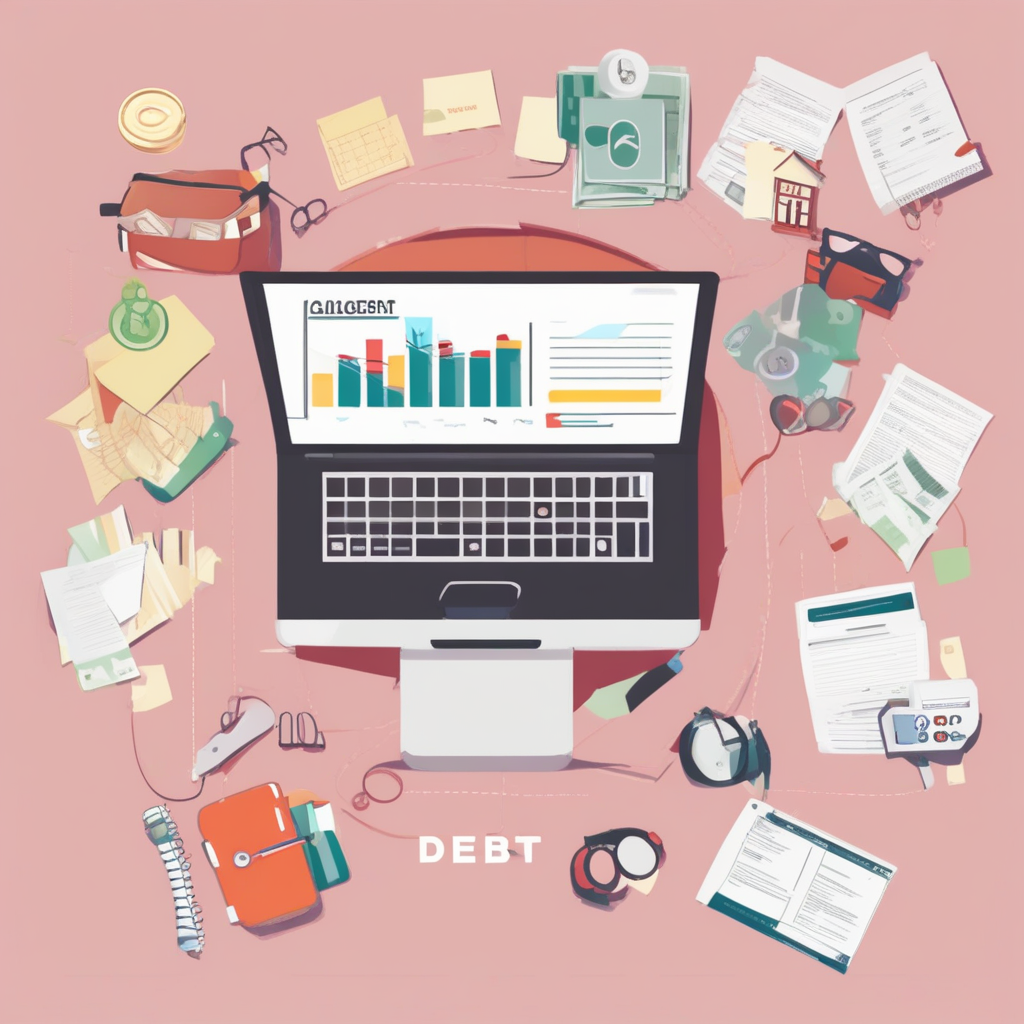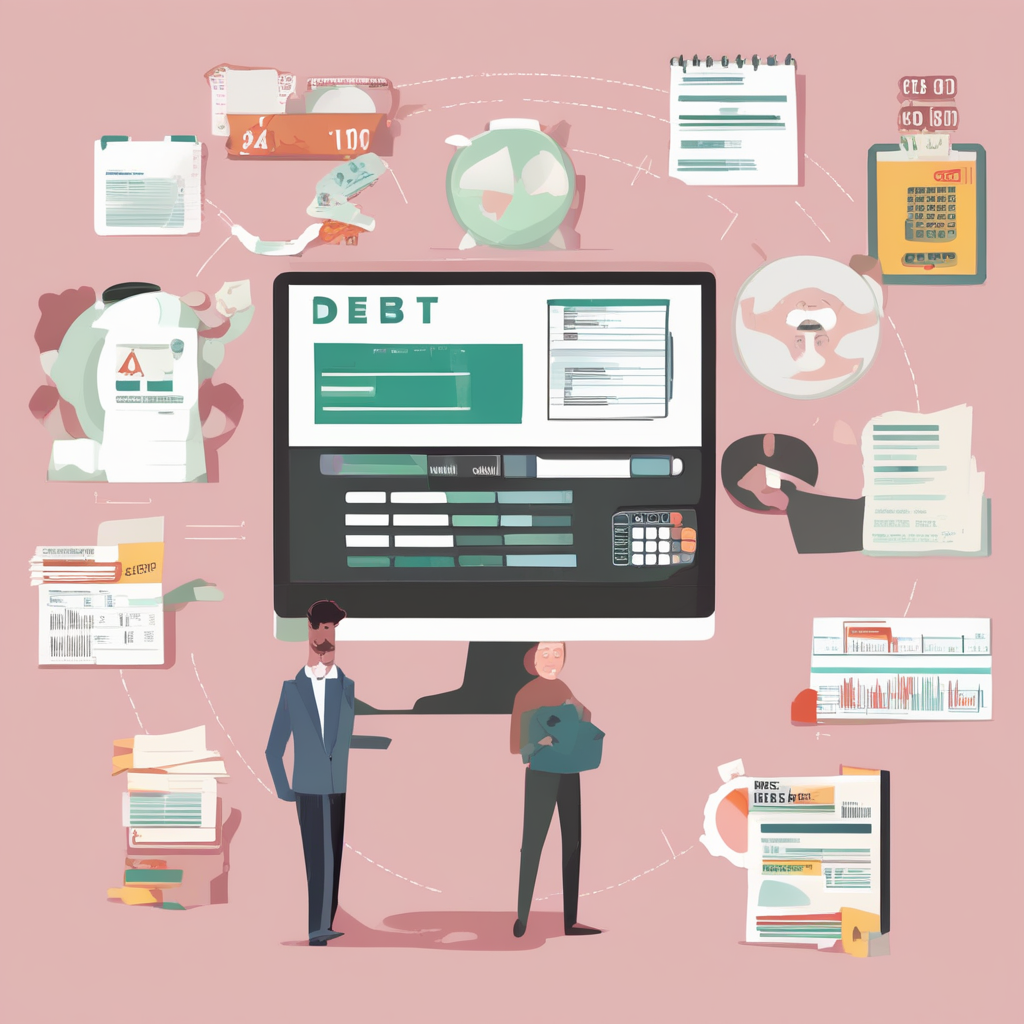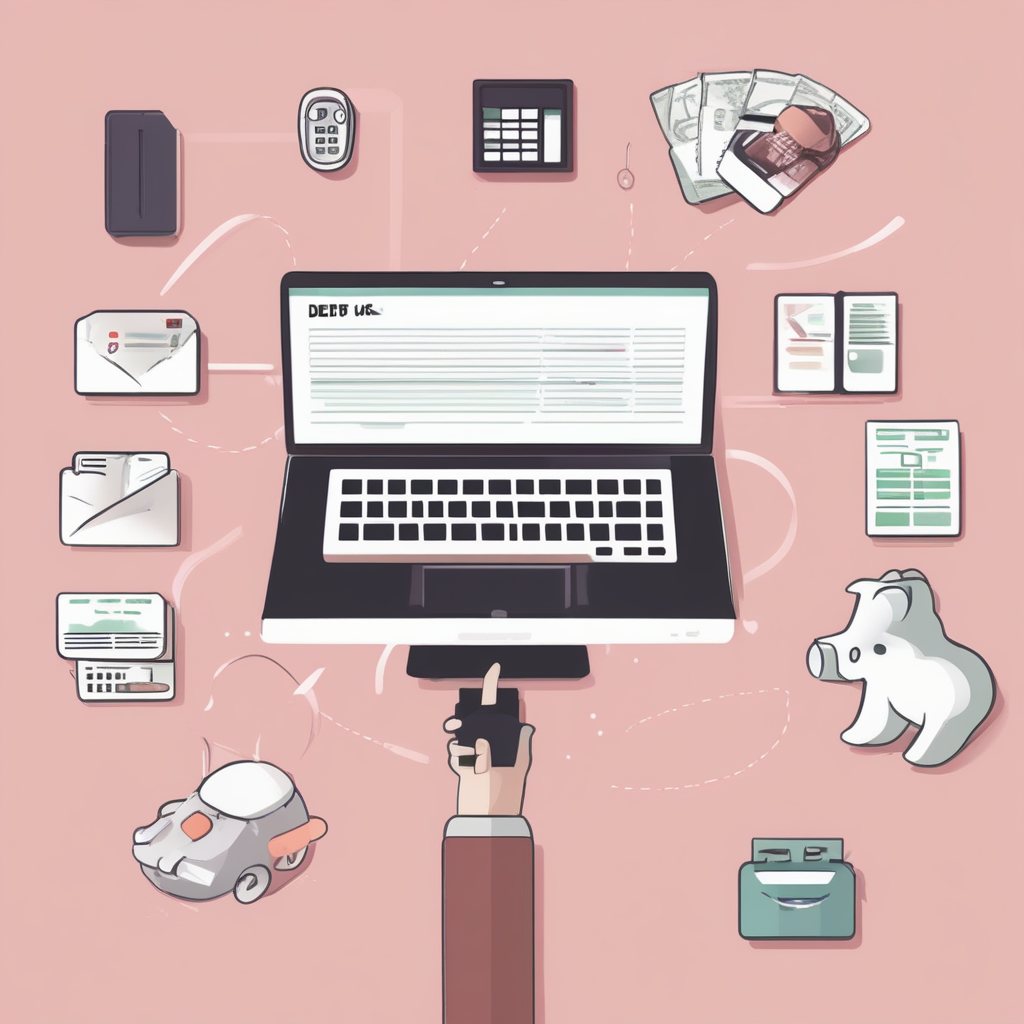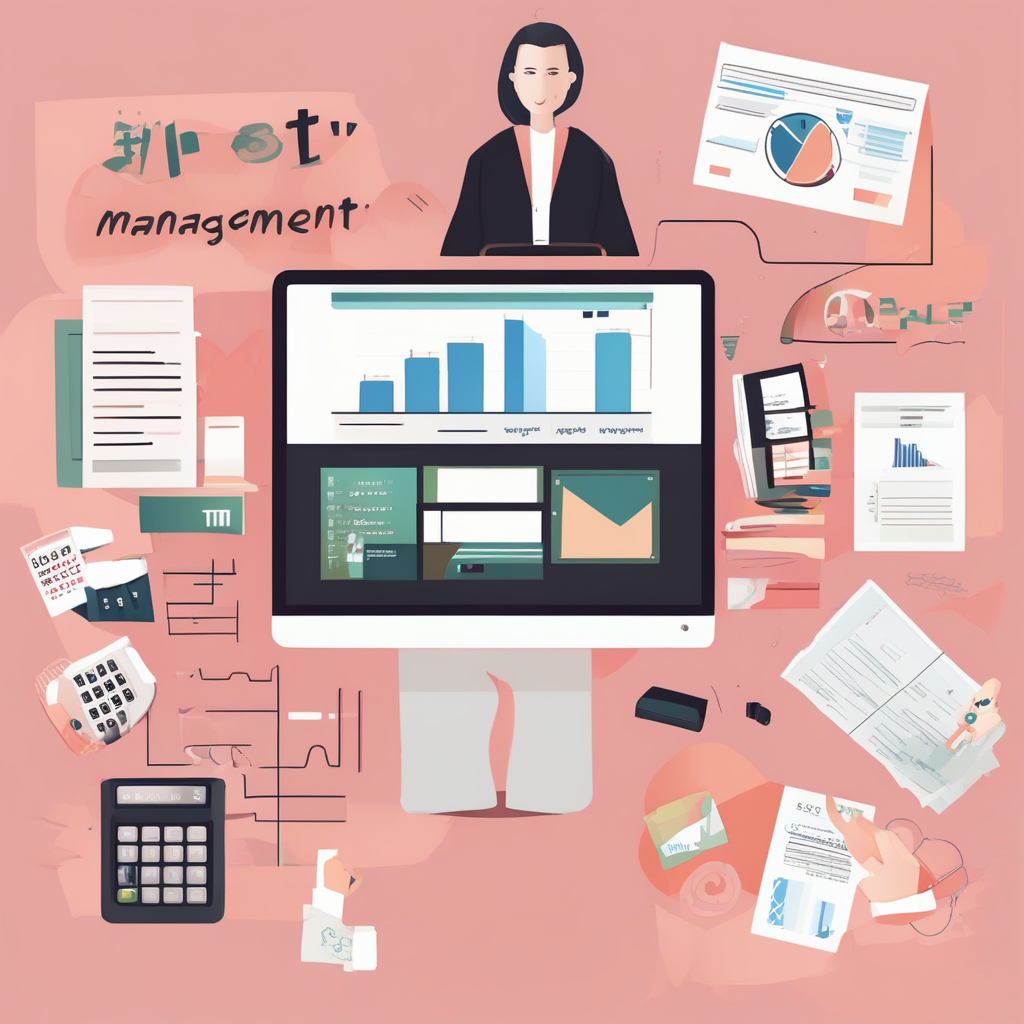Introduction
Debt management might sound like a big, scary topic, but it’s actually something that’s important for everyone, including kids. Imagine if you borrowed a toy from a friend and promised to return it later. If you forget to give it back or don’t take care of it, your friend might not lend you toys again. Debt management is a bit like that. It’s about making sure that borrowed money is used wisely and paid back on time.
In this article, we’ll explore what debt management is, why it’s important, and how you can manage debt responsibly. By the end, you’ll understand the basics of debt management and feel confident about handling money in a smart way.
What is Debt Management?
Debt management is like being the boss of your money. It’s about keeping track of how much money you owe and making sure you can pay it back. When people borrow money, they have to plan how to pay it back. This is called managing debt.
Why is Debt Management Important?
Debt management is important because it helps people stay out of financial trouble. If you don’t manage your debt well, you might end up owing a lot of money and have trouble paying it back. Good debt management helps you keep control of your money and makes sure you don’t end up in a sticky situation.
How to Manage Debt

Create a Budget
Creating a budget is like making a plan for your money. It helps you see how much money you have and how much you spend. You can write down all the money you get and all the things you need to buy. This way, you can make sure you have enough money to pay back any debts.
Save Regularly
Saving money is like putting a little bit away for later. When you save regularly, you make sure you have some extra money if you need it. This can help you pay off debt faster and make sure you’re prepared for any surprises.
Pay on Time
Paying your debts on time is very important. It’s like keeping a promise. If you always pay your debts when you say you will, you build trust and avoid extra fees. Plus, it’s a great way to show that you’re responsible with your money.
Types of Debt
Credit Card Debt
Credit card debt happens when you use a credit card to buy things and don’t pay it back right away. Credit cards can be useful, but they can also lead to debt if you don’t pay the balance in full each month.
Student Loans
Student loans are money borrowed to pay for school. It’s like getting a big loan to help you learn, with the promise to pay it back later. Managing student loans involves making regular payments after you finish school.
Personal Loans
Personal loans are money borrowed for various reasons, like buying a car or fixing a house. These loans need to be paid back in regular payments, just like a monthly allowance.
Tips for Managing Debt

Set Up Automatic Payments
Automatic payments are like having your money work for you. You can set up your bank to automatically pay your bills each month. This way, you never forget a payment, and you keep your debts in check.
Keep Track of Your Spending
Tracking your spending is like keeping a diary of where your money goes. By writing down what you spend, you can see where you might need to cut back and save more.
Seek Help If Needed
Sometimes, managing debt can be tough. If you’re having trouble, it’s okay to ask for help. There are professionals who can give you advice and help you make a plan to get back on track.
Product Information
Here’s a quick look at some tools that can help with debt management. These tools can help you keep track of your spending, create a budget, and stay organized.
Key Features Table

| Tool | Description | Key Features |
|---|---|---|
| Budgeting App | Helps you plan and track your budget. | Easy to use, tracks spending, sets savings goals. |
| Debt Tracking Software | Keeps track of all your debts. | Monitors payments, sends reminders, shows balances. |
| Automatic Payment Service | Ensures bills are paid on time. | Set up recurring payments, avoids late fees. |
| Savings Planner | Helps you save money regularly. | Sets savings goals, tracks progress, sends tips. |
Frequently Asked Questions (FAQs)
1. What is the best way to start managing debt?
Start by creating a budget and tracking your spending. This will help you understand where your money is going and how much you need to pay off your debts.
2. How can I avoid getting into debt?
Avoid using credit cards for purchases you can’t afford to pay back right away. Make a budget and stick to it to keep your spending under control.
3. What should I do if I can’t make a debt payment?
If you’re having trouble making a payment, contact your lender right away. They may be able to offer you a new payment plan or give you some advice on what to do next.
4. How does debt affect my credit score?
Debt can impact your credit score if you miss payments or have high balances. Paying off debt on time and keeping balances low helps maintain a good credit score.
5. Can I get help with managing my debt?
Yes, there are professionals who can help with debt management. Look for financial advisors or credit counselors who can provide advice and create a plan to help you manage your debt effectively.
Conclusion
Debt management might seem like a lot to handle, but with the right tools and strategies, it can be manageable and even simple. By creating a budget, saving regularly, and paying your debts on time, you can stay in control of your money and avoid financial trouble. Remember, managing debt is about making smart choices with your money and staying organized.
If you follow these tips and use the tools we discussed, you’ll be well on your way to becoming a debt management pro. It’s like having a superpower for your money!
We hope this guide has made debt management a bit clearer for you. Stay smart with your money, keep track of your spending, and remember that managing debt is a skill that will help you now and in the future. Happy managing!

